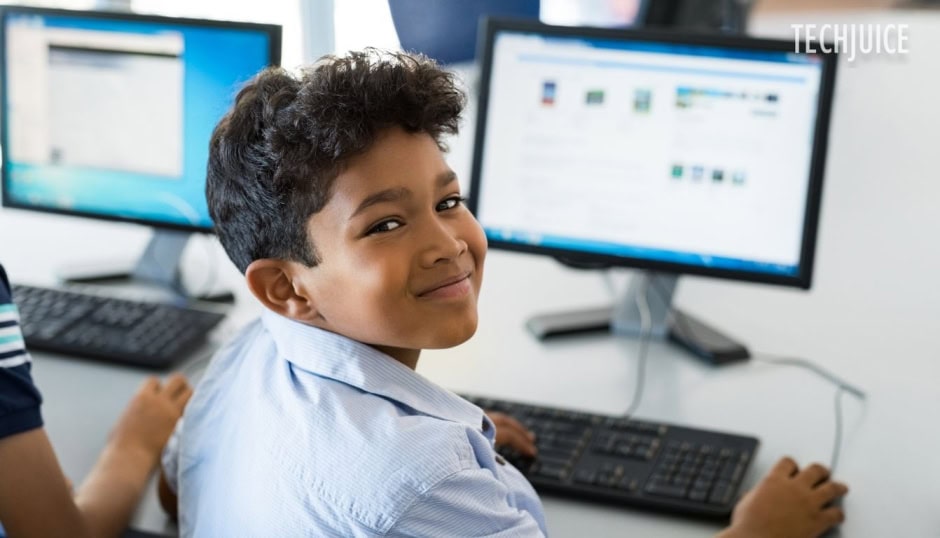A recent poll by the Pew Research Centre found that younger members of Generation Z are using ChatGPT, an AI-powered chatbot developed by OpenAI, to help them with their schoolwork. However, they may not be completely aware of the risks associated with the technology.
Pew surveyed over 1,400 American teenagers (ranging in age from 13 to 17) with regard to their use of ChatGPT for school-related tasks, including homework, as a follow-up to their 2023 survey on the topic. An increase of 2% from last year brings the total to 26%.
Just over half of the teens who took the survey (54%) believe it’s fine to utilize ChatGPT to learn about new topics. Twenty-nine percent found ChatGPT to be a suitable AI tool for solving mathematical problems, while eighteen percent found it to be an acceptable tool for writing essays. Given the ways ChatGPT can fall short, the results may be cause for concern.
ChatGPT isn’t the most trustworthy source of information, and it’s not very good at maths either. According to a recent study that looked at whether top AI can pass a history test at the doctoral level, ChatGPT’s default AI model, GPT-4o, could only answer questions marginally better than a human guessing.
According to the same study, ChatGPT isn’t very strong in areas that could be important to the students who use it most in class, such as social mobility and the politics of Sub-Saharan Africa. According to Pew Research, black and Hispanic students are more likely than white teens to have used ChatGPT for school-related tasks.
The research on ChatGPT’s pedagogical impact is, predictably, mixed. Researchers at the University of Pennsylvania discovered that Turkish high school pupils who had access to ChatGPT performed lower on a maths test than those who didn’t. Researchers in another study found that while students in Germany who used ChatGPT had an easier time finding research resources, they were less skilled at synthesizing those materials compared to students who did not use ChatGPT.












